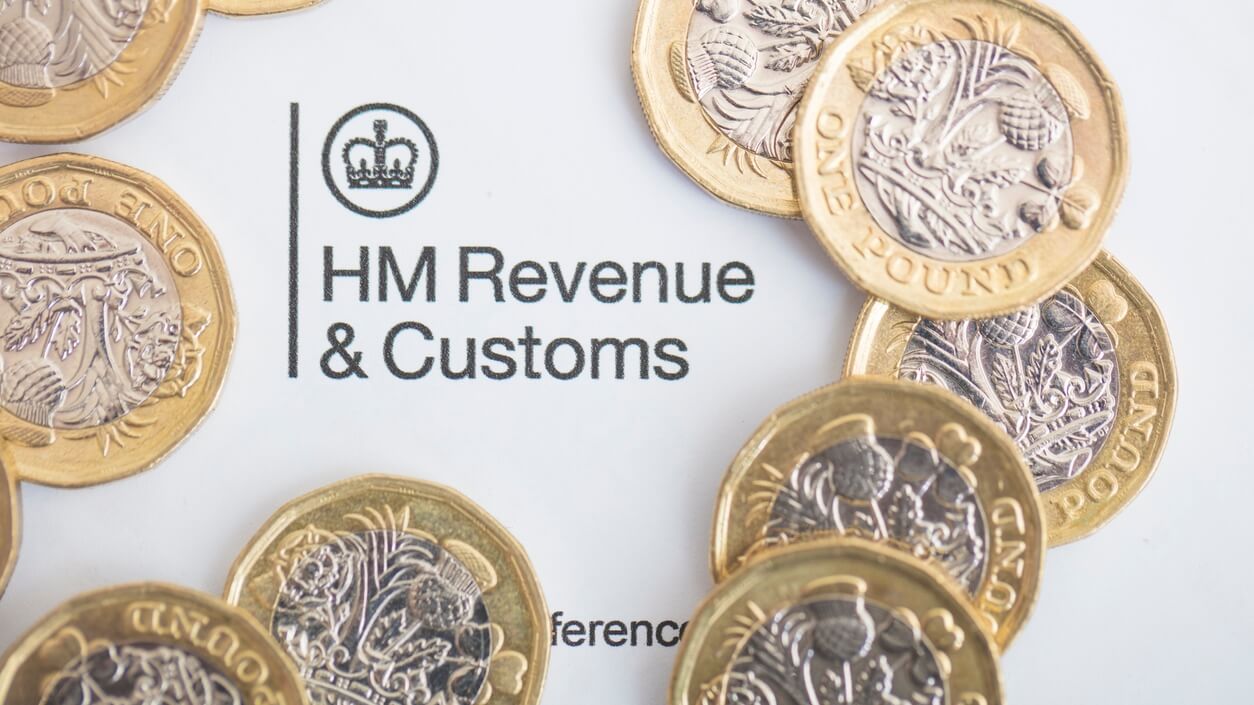
When you start a new business, you’re likely to be incredibly excited about doing something that you are passionate about and taking control of your career by building a brilliant company that you can be proud of.
However, you must also take control of a lot of administrative tasks, such as your business accounts. Yes, you can always hire an accountant to take care of these jobs for you, but you still need to understand how this process works, particularly when it comes to the business taxes that you will be obliged to pay. Below is a very brief list of business taxes that are applicable to UK businesses, as well as some tips to help you when it comes to factoring these into your accounts.
Income Tax
Everyone pays income tax, and when you are employed by someone else, this is usually automatically taken from your paychecks along with NI (National Insurance) contributions and pension contributions (if you are part of a pension scheme). What is paid into your bank account from your employer is what is left over after these have been deducted. When you are a business owner, you are self-employed, and you will also need to make these payments when it comes to your end-of-year taxes. This might come from the salary you pay yourself from the business or any dividends you take from the company each year. You will also need to factor in your NI contributions as well.
Corporation Tax
Limited companies are required to pay corporation tax if they are making a turnover of at least £50,000. For the year 2022/2023, the percentages of corporation tax you will pay on the different bands are as follows:
- <£50,000 – 19%
- £50,000 - £250, 000 – 19%
- >£250,000 – 19%
These will change from next year, to 19.0%, 26.5%, and 25.0%, respectively.
VAT
You will need to register your business for VAT if you have a turnover of more than £85,500 annually. VAT applies to sales of goods or services and is ultimately payable by the final consumer for the purchase of these goods/services.
How to Make Managing Taxes Easier
Hiring an accountant can be beneficial if you are struggling to make head or tail of these taxes as a business owner, which may well be the case if you have not had previous experience in handling these issues. There are also some great accounting software options you can use to help you manage this by making tax digital so you don’t have to worry about working this out yourself and assisting you when it comes to filing your company accounts.
Why Is This Important?
Failing to pay your correct taxes can result in your business facing additional charges, getting struck off, or potentially facing legal action. This is why it is important to have a basic understanding of what you are obliged to pay as a business owner when it comes to company finances.
If you have recently started a new business, make sure you’re doing your research on these taxes and asking for help to manage these payments should you need it.
Thanks for signing up to Minutehack alerts.
Brilliant editorials heading your way soon.
Okay, Thanks!